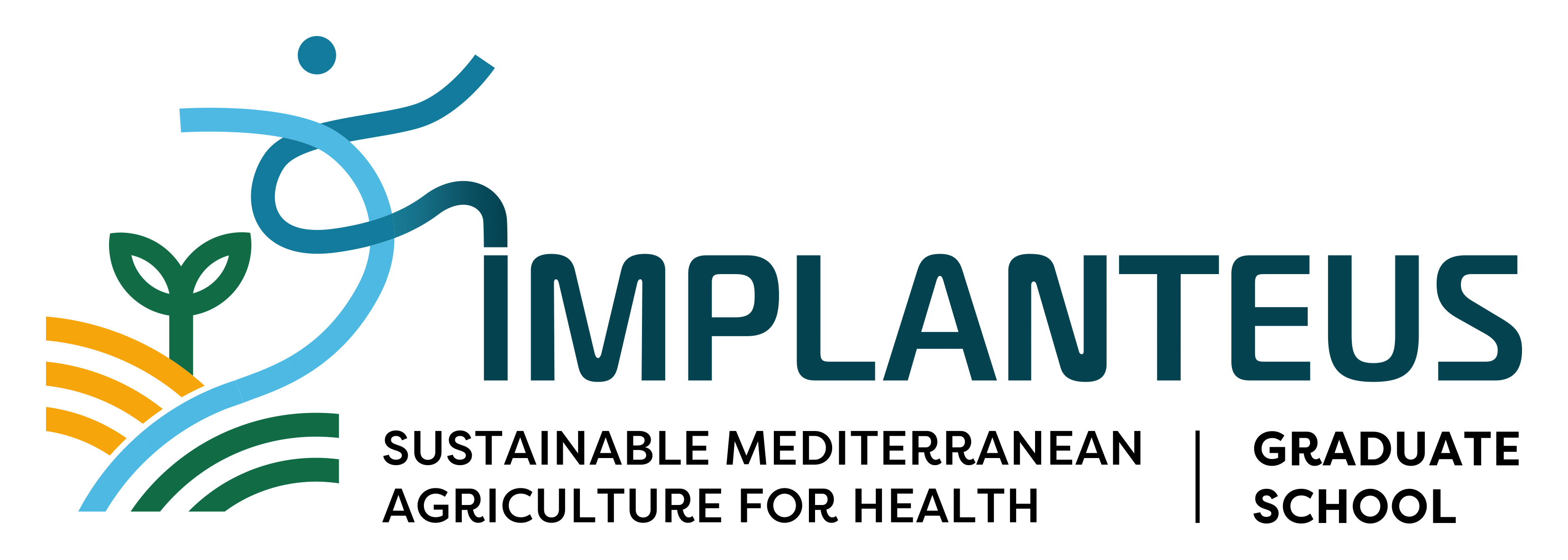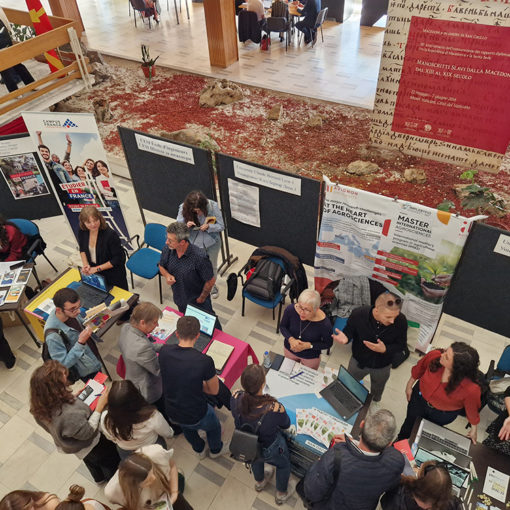The Implanteus graduate school of Avignon University proposes for its sixth year a cycle of scientific conferences, combining face-to-face and distance lectures.
The first conference of the first semester will take place:
Wednesday, 22 October at 2:30 p.m. to 4:30 p.m. AgES Amphitheater, Avignon Université
“Engaging stakeholders to track and define plant pathogen outbreaks“
Dr. Jonathan M. JACOBS, Associate Professor of Emerging Infectious Disease Ecology, Department of Plant Pathology, Infectious Disease Institute, College of Food, Agricultural, and Environmental Sciences, OHIO State University
Brief bio-sketch:
Jonathan M. Jacobs is an Associate Professor of Emerging Infectious Disease Ecology in the Department of Plant Pathology at The Ohio State University (Columbus OH USA). His research in microbial ecology focuses on plant pathogens and diseases that limit crop production. His interdisciplinary team has made discoveries in how pathogens emerge to cause new outbreaks. His team works across scales from the molecular to the field and leverages partnerships with growers for real-time pathogen tracking. Jacobs is a two-time Fulbright Scholar and an American Phytopathological Society Hewitt awardee, and his program been funded by Ohio Department of Agriculture, NSF, USDA, and Department of Energy. He is motivated to train the next generation of scientists and was awarded the Ohio State Postdoctoral Faculty Mentor of the Year in 2024. His trainees push the boundaries of our understanding of emerging threats to agriculture and have been awarded prestigious fellowships from NSF and USDA. His group is now leading US efforts to use microbiome science for pathogen tracking.

Abstract:
Plant diseases caused by microbial pathogens limit crop production. Next-generation sequencing technologies, including whole-genome analysis and metagenomics, are advancing surveillance and diagnostics. The effectiveness of these tools, however, depends on strong relationships with producers for maximum impact on pathogen outbreak prevention and control. This lecture will provide students with examples of genome-driven surveillance and demonstrate how these methods can define the genetic mechanisms underlying plant disease epidemiology. We will also explore how direct engagement with farmers and industry can be used to track pathogens, as well as to choose and improve targets for disease control.




